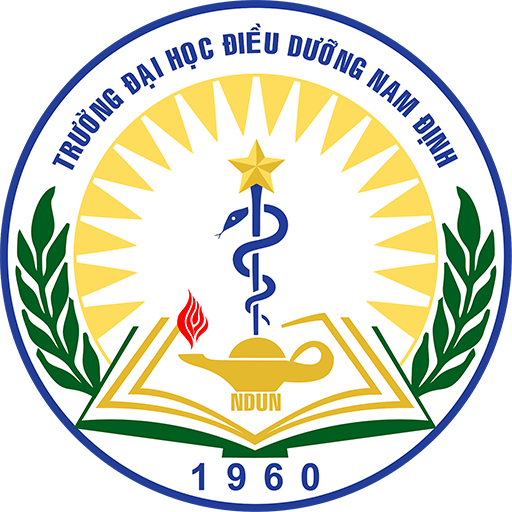Workshop on One Health training and integration of One Health training in community teaching
Ngày đăng: 01/12/2017 07:30In the framework of the activities of the project "Training and developing human resources of Vietnam One Health University Network (VOHUN), on 29th and 30th November 2017 workshop on training "One Health" and integrating "One Health" training in community teaching was organized at Nam Dinh University of Nursing with the aim of equipping knowledge and approach to "One health" issues for vets and health workers at grassroot level and inserting the teaching and instruction of approaching issues in "One health" into community teaching.
Dr. Le Thanh Tung - Rector of NDUN delivered his speech at the workshop
The training course was taught by Prof. Stanley Fanwick - Tuft University, USA, Dr. Pham Duc Phuc - VOHUN Project Coordinator, and Dr. Tran Van Long - Dean of NDUN Public Health.
Professor. Stanley Fanwick - Lecturer of the training course presented basic concepts of how to approach One Health
Dr. Tran Van Long - Lecturer of the training course presented skills of teamwork and cooperation in approaching One Health
Attending the training course there were participants from NDUN Public Health Faculty; Nam Dinh Preventive Medicine Center; Nam Dinh Veterinary Department; Preventive Medicine Center and Veterinary Station of Nam Dinh City, Vu Ban District; Health stations in the communes where NDUN students come for practice.
Overview of the training course
The concept of One Health was clarified at the training course. One Health recognizes that the health of humans, animals and ecosystems are interconnected. It involves applying a coordinated, collaborative, multidisciplinary and cross-sectoral approach to address potential or existing risks that originate at the animal-human-ecosystems interface. Regardless of which of the many definitions of One Health is used, the common theme is collaboration across sectors. Collaborating across sectors that have a direct or indirect impact on health involves thinking and working across silos and optimizing resources and efforts while respecting the autonomy of the various sectors. To improve the effectiveness of the One Health approach, there is a need to establish a better sectoral balance among existing groups and networks, especially between veterinarians and physicians, and to increase the participation of environmental and wildlife health practitioners, as well as social scientists and development actors.
At the training course the trainees were aslo provided information on ecosystem health; human-animal transmission; teamwork and collaboration skills in the One Health approach; risk analysis and management of infectious diseases; systematic thinking in One Health; behavior change; curriculum development One Health in community among universities in VOHUN; curriculum for community health care integrated with One Health; selection of One Health case study to teach students in community.
The training course was successful and the trainees were provided with useful information and other useful soft skills.


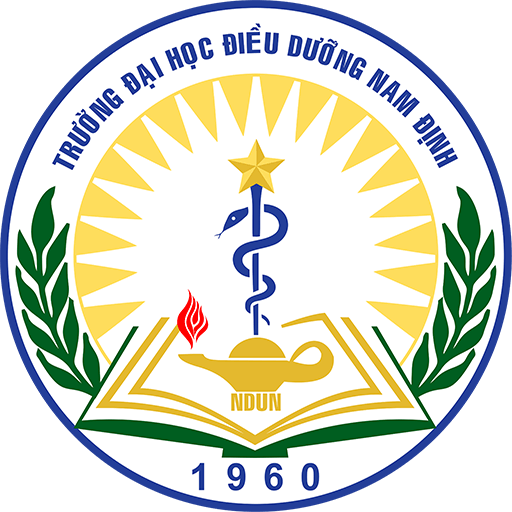





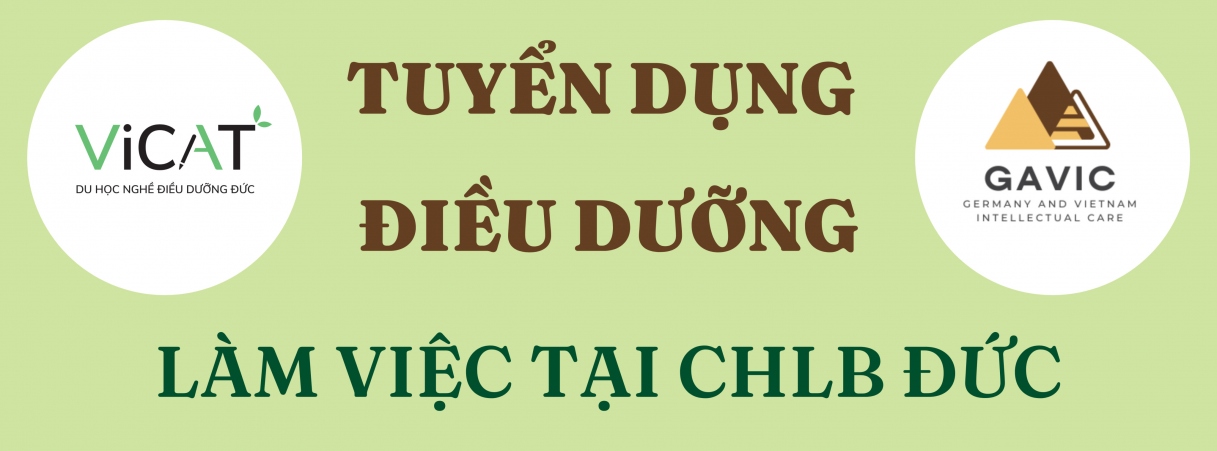


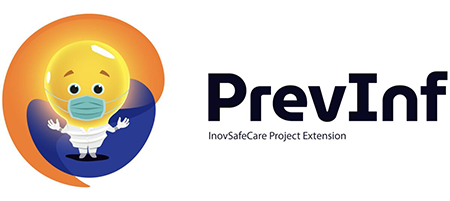
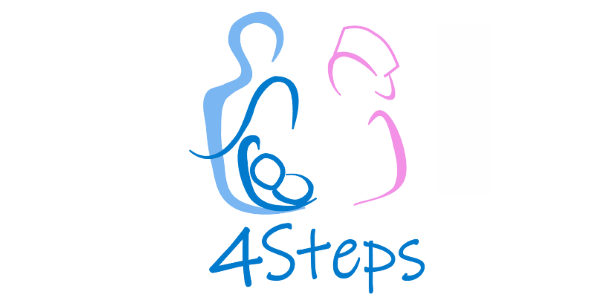





.gif)


.png)
